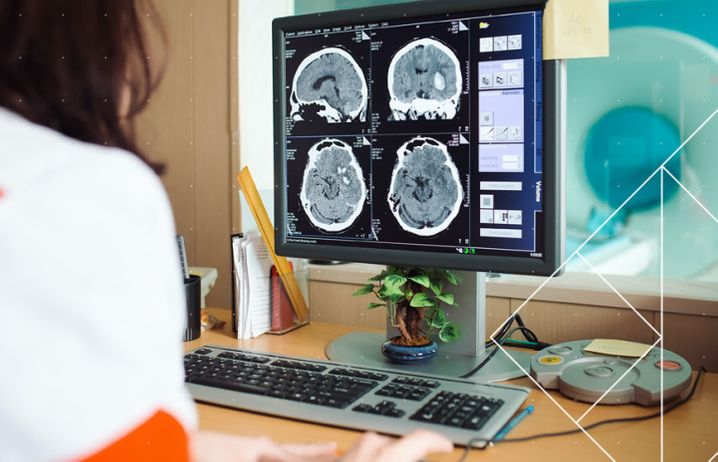Why we use and analyse health data
With the rise of digital technologies, there are more data available than ever before. Healthcare is no exception. And not only are there more data, but they are coming from different places. Alongside the more traditional sources such as government, healthcare systems and academia, data are being churned out from medical devices, wearables, mobile apps and websites.
Generating meaningful insights from these increasingly complex data requires linking up and consolidating them, transforming this valuable resource into useful information that can improve healthcare and inform policy, both locally and globally.
Our work in this area aims to enhance patient care through more effective use of health data. We use data science and analytics to make impactful discoveries about both individual people and whole populations.
Highlights from our health data and advanced analytics work
Data analysis in our Centre for Health Policy
The Networked Data Lab (NDL) is a collaborative network of teams across the UK which focuses on using linked datasets to provide insights on different topics regarding health and social care. The Institute of Global Health Innovation together with Imperial College Health Partners works together as the Northwest London Lab in the NDL. The data used for this analysis comes from the Discover Now dataset.
In previous phases of this project we have conducted analyses about shielding patients during the COVID-19 pandemic, we have assessed the impact of the COVID-19 pandemic on children and young people’s mental health, as well as the impact unpaid carers experience as a consequence of their duties.
The focus of the next analysis will be the impact of intermediate care on patients, and two further topics will be selected in the future.
Boosting vaccine uptake
Coronavirus vaccine uptake in the UK has varied across the country and by certain demographic characteristics, particularly age and ethnicity. To encourage people to get the jab, a national NHS text message service was introduced to invite eligible individuals to book a vaccine appointment. Our research is investigating the most effective text message strategy to inform local, regional and national practice.
We tested the impact of two different text messages on COVID-19 vaccine uptake for 18-49-year-olds in the Central London Clinical Commissioning Group (CCG), which at the time experienced the lowest rates of uptake nationally. We also ran a second study for people aged 50+ residing in the same area, to whom we sent a behavioural insight-informed letter invitation so that we could measure and compare uptake with neighbouring CCGs.
The results of these studies, which are undergoing analysis, will help inform future SMS message content to invite individuals for future COVID-19 vaccination rounds.
Our people - get in touch
Email our Big Data and Analytical Unit
Roberto Fernandez Crespo, Analytics Fellow
Mr Erik Mayer, Clinical Reader



